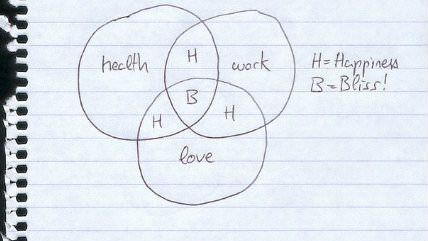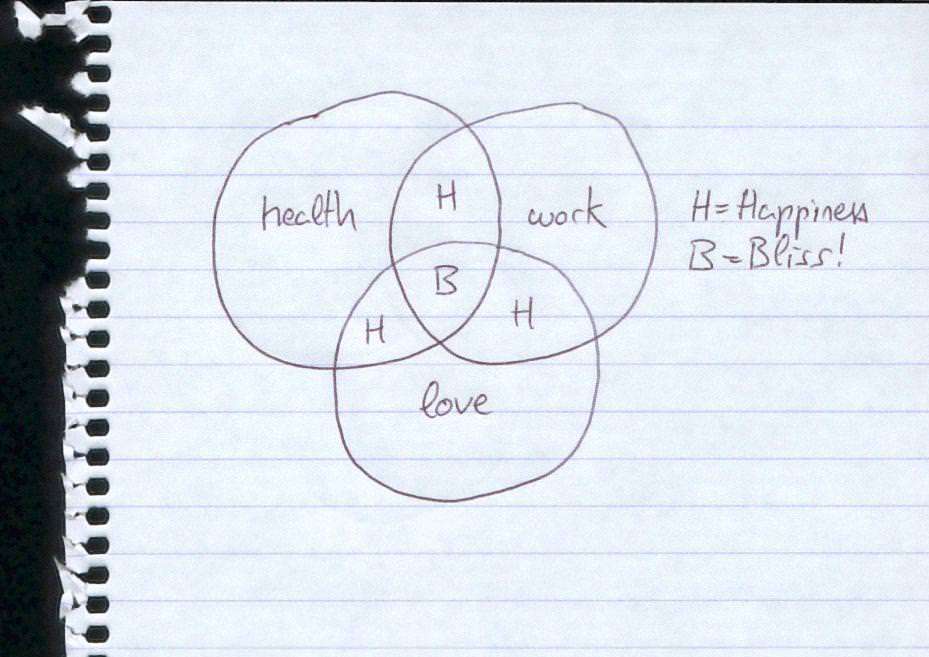Greg Beato on the Quantified State
"Efficiency and uplift for all" as the new national mandate


"There's this pretension that everything that's of importance to human beings can be measured," says Mark D. White, chair of the philosophy department at the College of Staten Island. "This whole trend toward digitizing human life and quantifying it. And if something can be measured, it can also be influenced, manipulated, engineered." The power to perform such feats is typically presented as the domain of technology companies, not the Department of Health and Human Services. In the reigning narrative, Silicon Valley is an anti-government force, a haven for techno-libertarian disruptors who want to gut the safeguards of the regulatory state and replace them with citizen-bureaucrats who maintain order through one-star Yelp reviews and below-average Uber ratings.
But whatever Silicon Valley has done so far to dismantle Big Taxi, it has also popularized and normalized a mind-set of "solutionism"—the idea that all human systems can be improved through the judicious application of sensor networks, commodity computing clusters, and other technologies that amplify our ability to track, say, "gross national happiness" or the number of milk cartons we throw in the trash. The idea that slow-moving and largely unaccountable government agencies can increase their efficiency and impact by adopting the goal-setting discipline of private enterprise is a central tenet of the solutionist vision. But, Greg Beato cautions, it also shifts the business of governance from processes to outcomes. It imposes an imperative not to create laws and institutions that make it possible for people to safely and freely pursue their own paths through life, but rather to achieve specific results.


Show Comments (0)